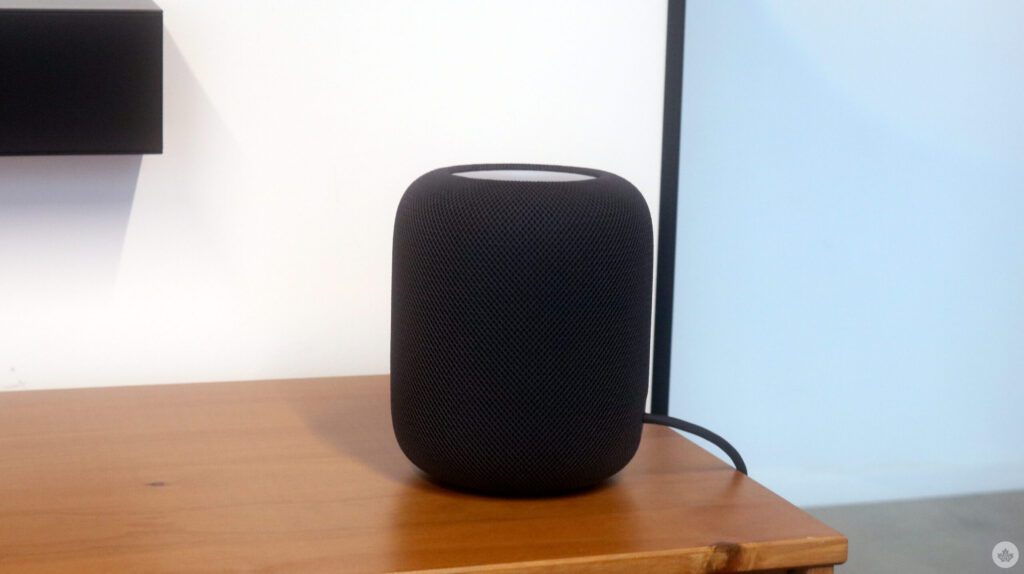This article provides a detailed analysis of the top smart speakers in the market: Amazon Echo, Google Home, Apple HomePod, and Sonos One. The Amazon Echo is praised for its extensive compatibility with other smart devices, but some users have reported oversensitivity and lower sound quality. Google Home seamlessly integrates with Google products and services and has impressive sound quality, but its compatibility with third-party devices is not as extensive. Apple HomePod offers exceptional sound quality and integrates well with Apple Music, but its compatibility with non-HomeKit devices is limited. Sonos One excels in sound quality and versatility but requires pairing with other devices for voice control. Ultimately, the best smart speaker depends on individual needs and preferences.
The Smart Home Revolution: A Detailed Analysis of the Top Smart Speakers in the Market
Introduction
The concept of a smart home has become increasingly popular in recent years. People are looking for ways to make their lives more convenient and connected, and smart speakers have emerged as a central component of this revolution. In this article, we will take a detailed look at some of the top smart speakers in the market, exploring their features, benefits, and limitations.
Amazon Echo
One of the most well-known smart speakers on the market is the Amazon Echo. Powered by Amazon’s virtual assistant, Alexa, the Echo offers a range of features that make it a popular choice for consumers. With the Echo, you can control various smart home devices, play music, set reminders, and even order products from Amazon using just your voice.
One of the standout features of the Amazon Echo is its extensive compatibility with other smart devices. Whether you have smart lights, thermostats, or security cameras, chances are the Echo will be able to integrate seamlessly with them. This makes it an excellent choice for those looking to create a fully connected smart home.
However, the Echo does have its limitations. Some users have reported that Alexa can be overly sensitive and may activate unintentionally. Additionally, the sound quality of the Echo may not be as robust as some other speakers on the market.
Google Home
Google Home is another popular smart speaker that competes with the Amazon Echo. Powered by Google Assistant, this device offers a range of features that make it a strong competitor in the smart speaker market.
One of the advantages of Google Home is its ability to integrate seamlessly with other Google products and services. If you already use Google Calendar, Gmail, or Google Photos, Google Home can easily access and utilize these services to provide personalized assistance. This makes it a great choice for individuals who heavily rely on Google services in their daily lives.
In terms of sound quality, Google Home is often praised for its impressive audio capabilities. Whether you’re listening to music or asking Google Assistant a question, the clarity and richness of the sound make for an enjoyable user experience.
On the downside, Google Home is not as compatible with third-party smart devices as the Amazon Echo. While it can still control many popular smart home devices, it may not be able to integrate with some lesser-known brands.
Apple HomePod
Apple’s entry into the smart speaker market came in the form of the HomePod. This device is powered by Siri, Apple’s virtual assistant, and aims to provide a premium audio experience along with smart home functionality.
The standout feature of the Apple HomePod is its exceptional sound quality. With its high-fidelity audio capabilities, the HomePod delivers a rich and immersive listening experience. If you’re an Apple Music subscriber, this smart speaker seamlessly integrates with your library, allowing you to effortlessly play your favorite tunes.
In terms of smart home functionality, the HomePod’s compatibility is limited compared to the Amazon Echo and Google Home. It primarily works with Apple’s HomeKit ecosystem, so if you already have HomeKit-enabled devices, the HomePod is a great addition. However, if you have non-HomeKit devices, you may face limitations in terms of control and integration.
Sonos One
Sonos One is a smart speaker that stands out for its outstanding sound quality and versatility. While it doesn’t have a built-in virtual assistant like the Amazon Echo or Google Home, it can be paired with other devices to enable voice control using virtual assistants like Alexa or Google Assistant.
One of the major benefits of the Sonos One is its ability to connect with other Sonos speakers and create a multi-room audio setup. This means you can have synchronized audio playing throughout your home, creating an immersive and customized listening experience.
In terms of sound quality, the Sonos One receives rave reviews for its powerful and detailed sound. Whether you prefer crisp highs, punchy bass, or balanced midrange, this smart speaker delivers across the board.
However, as mentioned earlier, the lack of a built-in virtual assistant may be a drawback for some users who prefer the convenience of voice control without additional devices.
Conclusion
The smart home revolution is well underway, and smart speakers have emerged as a crucial component of this trend. Whether you choose the Amazon Echo, Google Home, Apple HomePod, or Sonos One, each smart speaker offers unique features and benefits to enhance your connected home experience.
Ultimately, the best smart speaker for you will depend on your specific needs and preferences. Consider factors such as compatibility with existing smart devices, sound quality, integration with other services, and the extent of virtual assistant capabilities. By carefully weighing these factors, you can make an informed decision and choose the smart speaker that best suits your lifestyle.
